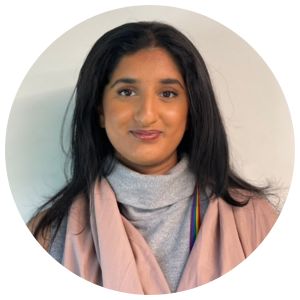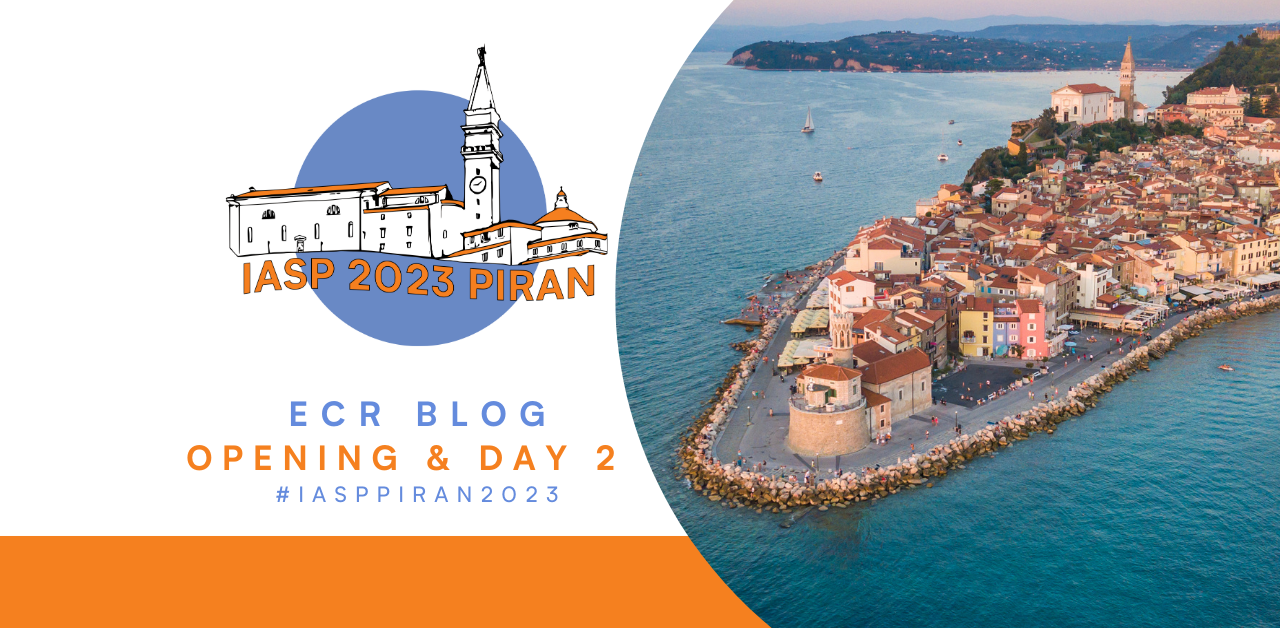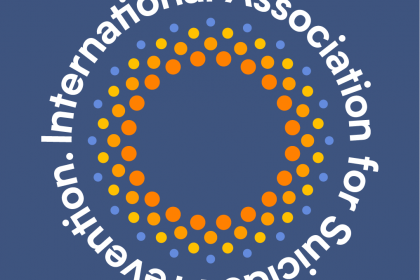I’ve been delighted to attend the 32nd World Congress of the International Association for Suicide Prevention (IASP), which started officially on Tuesday 19 September 2023 in Piran, Slovenia. It was so exciting to be a part of this community of academics, researchers, clinicians, crisis workers, lived experience, and volunteers from different countries all around the world.
After a morning of pre-conference workshops attended by many who were attending for the full congress, Dr Vita Poštuvan from the Slovene Centre for Suicide Research (UP IAM) gave everyone a warm welcome and praised the power of the ‘magic unicorn’ to bring everyone together after the pandemic in an opening ceremony full of music, song and dance. IASP President, Professor Rory O’Connor also welcomed the participants from different countries, disciplines, and backgrounds brought together by a common mission.
Written by:

Gowri Rajaram
University of Melbourne

Luke Bayliss
University of Southern Queensland
We are privileged to be in a country like Slovenia and hear the levels of commitment and support for the event which was held under the honorary patronage of the President of the Republic of Slovenia Dr Nataša Pirc Musar and attended by representatives from the local municipality as well as the Ministry of Health.
We had the pleasure of listening to three keynotes for the opening ceremony; Dr Alexandra Fleischmann from the Worls Health Organisation provided a rallying call to action around the SDG indicator of suicide mortality rate alongside the WHO Comprehensive Global Mental HEalth Action Plan as well as other international mechanisms supporting change and discussion to support advocacy. Professor Ann John provided some stark insights into suicide and self-harm data and Professor Robert Neimeyer showed ways in which grief therapy can help navigate intense loss and periods of transition in individuals. The balance between the three speakers cleverly highlighted the breadth and variation needed in how we approach suicide loss and aim to understand more about suicidality as a whole. All speakers set the stage for discussions and debates to come over the next few days.
The second day of the congress began with a plenary session on three different topics: national prevention strategies, identifying risk in patients, and social media. Next, Dr. Louise La Sala delivered a captivating plenary talk on the often-contentious role that social media plays in the context of preventing suicides among young people. Instead of avoiding the complexities associated with social media, she advocated for harnessing its power as a virtual town square and a platform for individual expression. This discussion comes at a pivotal moment when society is eager to identify factors contributing to the troubling rise in self-harm and suicide rates.
The second plenary featured Professor Diego De Leo and Professor Brian Mishara and was chaired by Professor Murad Khan. Prof De Leo shared his thoughts on ageism, human rights, and suicide and highlighted how ageism affects the mental well-being of older adults, potentially increasing their risk of suicide. Some of the risk factors he highlighted were loneliness, cumulative adversities, feelings of helplessness and hopelessness, poor health, and rejection. He urged everyone to look at these risk factors from a human rights perspective and to increase awareness about protection against discrimination based on age. Professor Brian Mishara then talked about suicide prevention in the context of the availability of medical assistance in dying (euthanasia and assisted suicide). In his presentation, Prof Mishara discussed the importance of safeguarding mechanisms to prevent respect for autonomy as an excuse to not provide suicide prevention interventions for individuals in need. He concluded that death should only be considered as an option when the suffering could not be remedied any longer.
In the following panel session, I attended the round table ‘Partnerships for Life: Funding and Resourcing Strategic Activities’ chaired by Professor Stephen Platt. The panellists were Vanda Scott, Dr Mark Sinyor, Leann Sherman, Toby Coder, and Priti Sridhar. The focus of this panel was collaborating with stakeholders and promoting evidence-based interventions through partnerships.
SPONSORED BY






